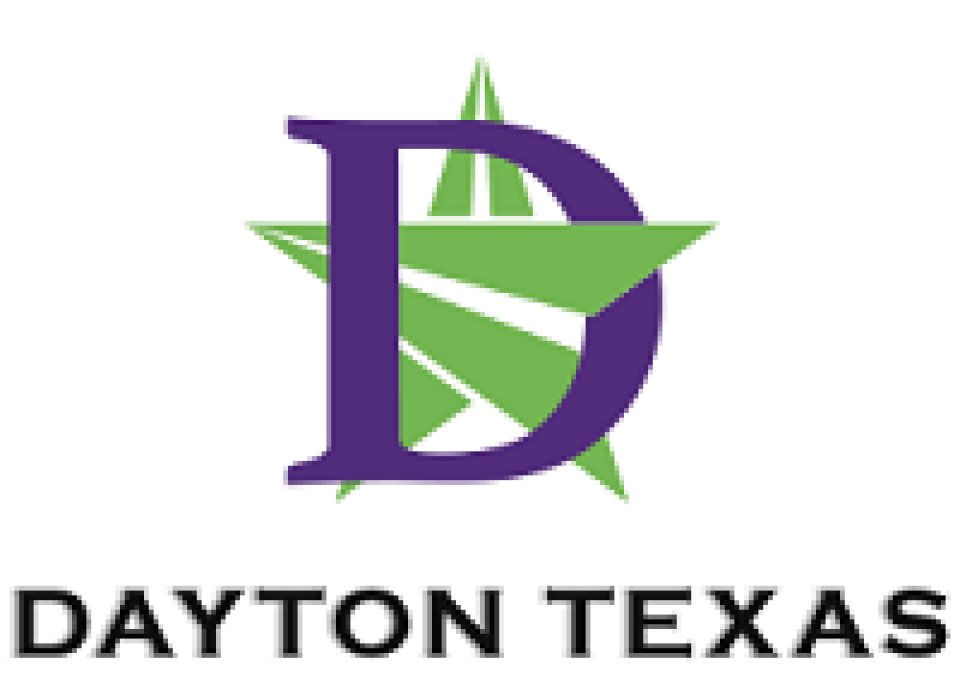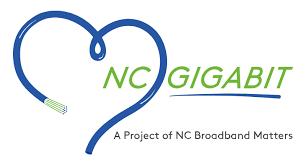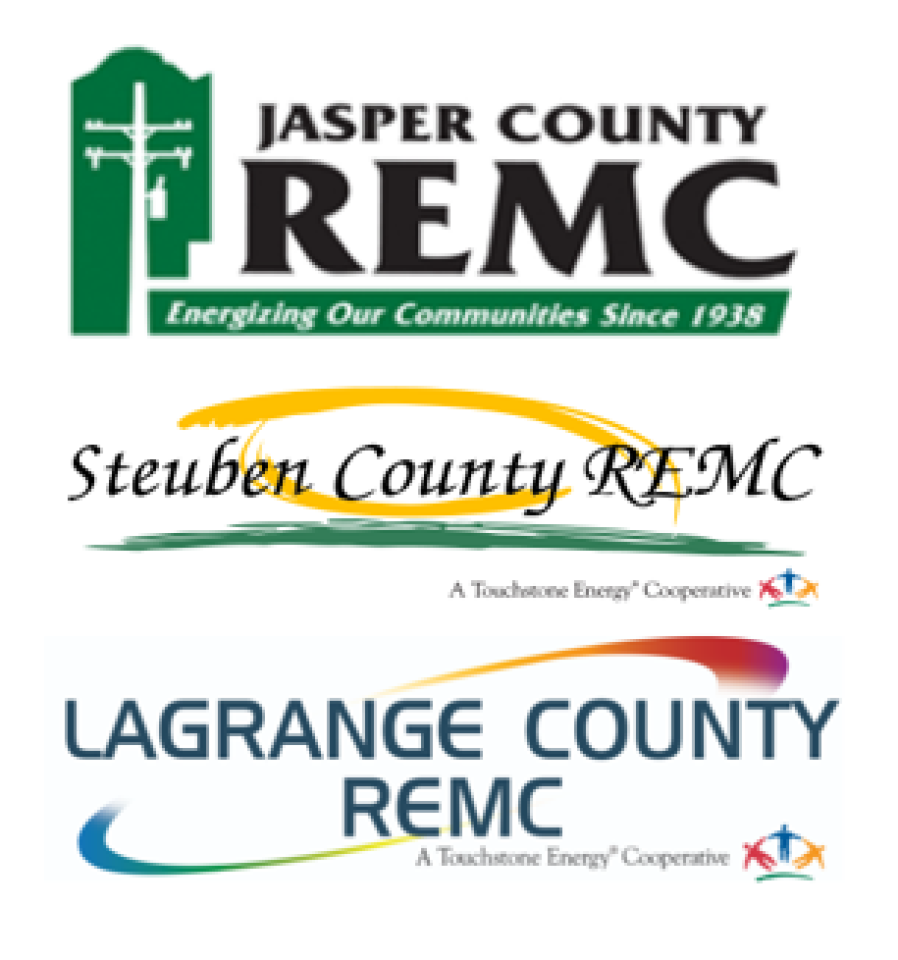
Fast, affordable Internet access for all.

Snapshot
A California ballot initiative would empower voters to build their own Internet access solutions.
The Oklahoma House sends seven broadband bills to Senate.
New York and North Carolina initiate statewide digital inclusion programs.
Virginia is second state to pass comprehensive privacy legislation.
See the bottom of this post for some broadband-related job openings.
The State Scene
California Legislation Could Lead To Massive Investments in Public Broadband
As lawmakers in the Golden State look to rectify a reputation of having one of the highest student populations without Internet connectivity, bills aiming to expand access to 98 percent of California households by increasing investments in public broadband infrastructure were launched early in California’s legislative session.
Though there are several other bills pertaining to broadband that have been introduced in Sacramento, we focus on these four because, if passed, they would have the biggest impact on municipal networks.
S.B. 4, sponsored by State Sen. Lena Gonzalez, D-33, would create a new state-backed bond program, enabling local governments to finance more than $1 billion in public infrastructure projects through bond issuances. The low-interest debt for the projects could be repaid over multiple decades.
Born in Orono, Maine, the poet Frances Laughton Mace’s most notable verses were published in 1854 as a hymn entitled “Only Waiting.” Over a century and a half later, residents in her native town – and in the neighboring community of Old Town just four miles up the road – might be inclined to hum a line or two. Not because they are getting religion, but because of the wait in getting Fiber-to-the-Home (FTTH) Internet connectivity.
After a decade of hopeful planning, disappointing setbacks, design work, and putting out multiple RFPs to move the project forward, the nonprofit OTO Fiber Corporation is on the verge of lighting up a six-mile fiber network this summer. With three miles of fiber deployed in Orono, a town of 11,000 residents and home to the University of Maine’s flagship campus, and the other half covering a portion of Old Town, the budding network will provide FTTH service to a limited number of residences and businesses in both towns. It’s a pilot project that, if successful, will serve as a core network which can eventually be extended to cover the entirety of both communities.
“It’s taken us forever to get to this point it seems. We started this process ten years ago and we are still slogging our way through while we’ve seen other communities zip ahead,” Belle Ryder, Orono Assistant Town Manager and President of OTO Fiber, told us this week. “It is really, really, really hard for communities relying on volunteers to pull off the feat of building and operating these networks.”
Ryder wasn’t complaining or exasperated. She was just being candid about the process she and her colleagues at OTO Fiber are committed to see through to the finish. The slog she is referring to goes back a decade when Orono was in the process of putting together a comprehensive development plan.
Families and Fiber, Fits and Starts
With just about half of the town’s population made up of college students living in off-campus apartments and the other half made up of residents 60 and older, “we really needed to draw families back,” Ryder explained.

This week on the podcast, Christopher talks with Travis Carter (CEO, US Internet), Deb Socia (President/CEO, The Enterprise Center), and Brian Worthen (President, Visionary Communications and CEO, Mammoth Networks) to talk about overbuilding.
The group discusses the importance of reclaiming the term as what it really is: plain old competition. They talk about the economics of building competitive broadband infrastructure in rural and urban areas, pending Washington State legislation which would unlock the power of the state’s utility districts to deliver retail service, and why we don't see more small, competitive fiber builders around the country.
This show is 59 minutes long and can be played on this page or via Apple Podcasts or the tool of your choice using this feed.
Transcript below.
We want your feedback and suggestions for the show-please e-mail us or leave a comment below.
Listen to other episodes here or view all episodes in our index. See other podcasts from the Institute for Local Self-Reliance here.
Thanks to Arne Huseby for the music. The song is Warm Duck Shuffle and is licensed under a Creative Commons Attribution (3.0) license.
A recent announcement by fiber network builder, operator, and consulting firm Lit Communities signals both a proof of concept for a new public-private partnership and that progress is accelerating for residents in one region of Ohio who will soon enjoy Fiber-to-the-Home (FTTH) service from a new provider.
In a press release last week [pdf], the company announced it had secured significant funding from private firms Stephens Capital Partners and The Pritzker Organization to support its work in partnering with communities that are looking to leverage their existing information infrastructure to finish connections to residents in cities and towns around the United States. The news means an infusion of cash for Lit Communities’ local last-mile venture, Medina Fiber, which will bring new fiber service to tens of thousands of homes in Medina County (pop. 180,000) at lower costs by utilizing the existing publicly owned, middle-mile open access Medina County Fiber Network (MCFN).
Publicly Owned Middle-Mile Supporting Privately-Owned Last-Mile
The collaboration will allow Lit Communities to save money and expedite residential rollout by connecting to MCFN. It is also a sign of success for local officials who have been looking for ways to use the existing infrastructure to spur high-speed Internet access beyond government buildings, schools, and commercial transport to hundreds of thousands of Ohioans in the near future.
MCFN will continue to own and operate the middle-mile portion of the network, with Medina Fiber owning and operating the last-mile residential connections as a private entity, paying MCFN for backhaul with the fees it generates from households that choose to subscribe.
DayNet, a new Internet utility emerging in Dayton, Texas, is looking to lasso a broadband-minded boss for this small East Texas city of approximately 7,200, about 37 miles east of Houston.
Applications are being accepted for a Broadband Manager/Head Network Engineer to oversee the business and technical operations of DayNet as the city has begun construction of a citywide Fiber-to-the-Home (FTTH) network.
In addition to hiring a Broadband Manager/Head Network engineer, the city is banking on the project to “increase competition and choice . . . while having a positive impact on economic development, education, and the technology amenities that are available to citizens and businesses.”
Good Credit, Better Broadband
To finance the construction, the Dayton City Council approved a $13.7 million bond issuance at a 2.56% interest rate, thanks to the city’s rising credit rating. Network construction began at the start of the year. And when the network is fully built, which is expected to be complete by 2023, 110 miles of fiber will criss-cross the city’s 11 square miles, passing every home, business, and anchor institution in Dayton.


For the twelfth episode of our bonus series, “Why NC Broadband Matters,” we’re joined by North Carolina League of Municipalities Chief Legislative Council Erin Wynia to talk about Internet access in the state a full year into the COVID 19 pandemic, and the access gaps experienced in towns across the eastern part of the state.
Erin shares with Chris how a collection of mayors banded together to write to the state’s attorney general, imploring him to look into Suddenlink’s business practices after fielding questions and complaints from residents and businesses about slow speeds, price hikes, and service interruptions.
The two also bring in the larger context of this discussion, including the frustrating politics of preemption in the state, the legal landscape faced by cities wanting to build their own information infrastructure (whether it’s to lease it to private providers via partnerships or operate a network themselves) and the serious consequences for residents and businesses who have no or poor wireline broadband access because of it.

We produced this episode and the “Why NC Broadband Matters” series in partnership with NC Broadband Matters, a nonprofit organization advocating for better connectivity across North Carolina.
This show is 32 minutes long and can be played on this page or via Apple Podcasts or the tool of your choice using this feed, at the Community Broadband Bits page, or at the NC Broadband Matters page. We encourage you to check out other "Why NC Broadband Matters" content at the podcast feed so you don't miss future bonus content that may not appear in the Community Broadband Bits Podcast feed.
Transcript below.
We want your feedback and suggestions for the show-please e-mail us or leave a comment below.
Listen to other episodes here or view all episodes in our index. See other podcasts from the Institute for Local Self-Reliance here.
Thanks to Shane Ivers for the Music: What's The Angle? by Shane Ivers - https://www.silvermansound.com a Creative Commons Attribution (4.0) license.
Three northern Indiana county electric cooperatives have announced construction of brand new Fiber-to-the-Home networks which will bring more competition and high-quality Internet access to almost 25,000 homes and businesses in the state once complete.
Jasper County REMC announced its intentions at the beginning of December last year. Incorporated in 1938, its service territory sits in the northwest part of the state and provides electric service to more than 8,500 members over 1,100 miles of line in Jasper County as well as parts of White, Starke, Pulaski, Porter and Newton counties.
Construction will take five or so years to complete, but initial connections can be brought online as early as the first part of next year. Jasper REMC is beginning with a smart grid ring that will be done at the end of 2021, and is working with Wabash Valley Power and National Rural Telecommunications Cooperative during this first stage. They just hired a broadband manager at the end of 2020, who said of the endeavor:
Employees from a variety of businesses have proven that highly-skilled work can be done anywhere — as long as the tools are in place. Our cooperative realizes that advanced Internet infrastructure shouldn’t be a luxury. It is just as important as electricity.

The Expanding Potential in Communities (EPIC) Grant deadline funded by Truist Bank and administered by the Internet Society has been extended by two weeks from its original deadline of February 19 in the wake of the weather hammering eligible areas over the last few days. There's nothing like a severe winter event that knocks power out for millions to break up the monotony of a raging pandemic.
Grant applications are now due March 5th by 11:59pm.
Read our original story about the grant program below:
A new grant program funded by Truist Bank's philanthropic initiative and administered by the Internet Society will disburse $1 million in funds to seven community broadband projects over the next year and a half. The Expanding Potential in Communities (EPIC) Grant program is currently soliciting applications, with grants to be disbursed to eligible communities across the southeast United States, including Washington D.C. and Texas, ranging from $125,000-180,000. The program is aimed at kickstarting Covid 19 relief efforts but also providing essential, locally owned broadband infrastructure to unserved and underserved communities.
From the grant program website:
The COVID-19 pandemic has brought the importance of broadband Internet connectivity into focus as work, school, healthcare, and more shift online. Internet connectivity is more important than ever in keeping our lives moving . . . The $1 million Expanding Potential in Communities (EPIC) Grant program supports broadband initiatives in the southeastern United States . . . As the administrating partner, the Internet Society will support local broadband expansion by funding complementary Internet connectivity solutions to help alleviate disparities in education, employment, and social welfare that are exacerbated by lack of access to broadband.
See eligibility requirements below:
Update: The Community Broadband Action Network (CBAN) notes that it looks like SSB 1184 is dead, having been shelved in committee yesterday. They say the "bill was briefly discussed by a subcommittee of the House Commerce Committee on February 16th, but postponed 'indefinitely.'"
Original story:
Less than a year after an attempt to hamstring municipal broadband in Iowa, local opponents are at it again. If you’ve been around the block, Senate Study Bill 1184 will look remarkably similar to SSB 3009 from last January 2020, and that’s because it’s nearly identical.
Like its last incarnation, SSB 1184 threatens the viability of any new municipal broadband effort by placing draconian financial barriers in the way, and, if passed, handcuffs existing networks as well as those under construction. Though there are no public fingerprints on the bill, the word around the capitol is that Mediacom is behind it. Among its provisions are those that would:

The conclusion of the RDOF auction was met with a good deal of drama and uncertainty, leaving many of us working after the fact to understand the policy and practical impacts of its outcomes.
This week on the podcast Christopher talks with Jonathan Chambers, a partner at Conexon, a network solutions provider for electric cooperatives around the United States who helped organize a consortium of nearly 100 cooperatives to successfully bid for more than $1 billion in funding from the recent Rural Digital Opportunity Fund Auction administered by the FCC.
Christopher and Jonathan unpack the design and implementation of RDOF not only in the context of the current broadband landscape, but the history of FCC auctions and federal infrastructure subsidy policy. They discuss how the funding will support upcoming projects which will bring fiber networks — many of them owned and operated by electric cooperatives — to hundreds of thousands of Americans over the next decade.
But they also talk about the multitude of winning bids that went for a worryingly low percentage of what it will actually cost to build those networks across the country. Jonathan and Christopher discuss why we saw that happen, but also what kind of guardrails we don’t but should have in place to make sure that public money for broadband infrastructure doesn’t go to waste and, equally importantly, so that households in those areas don’t go another decade without a quality Internet connection.
This show is 53 minutes long and can be played on this page or via Apple Podcasts or the tool of your choice using this feed.
Transcript below.
We want your feedback and suggestions for the show-please e-mail us or leave a comment below.
Listen to other episodes here or view all episodes in our index. See other podcasts from the Institute for Local Self-Reliance here.
Thanks to Arne Huseby for the music. The song is Warm Duck Shuffle and is licensed under a Creative Commons Attribution (3.0) license.